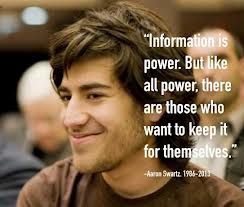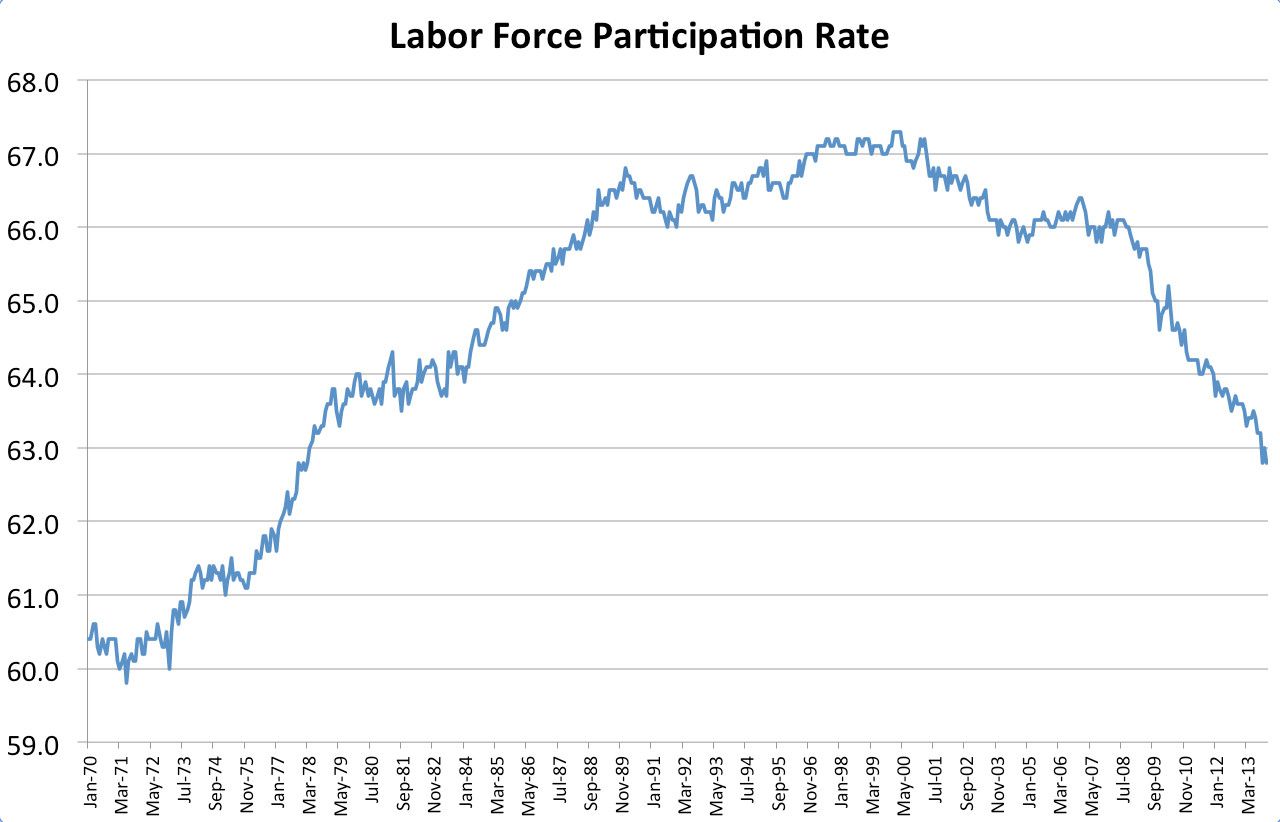Why are these two tales of fraud not the same in the eyes of the law?
Charges for 106 in Huge Fraud Over Disability
By William K. Rashbaum and James C. McKinley Jr.JAN. 7, 2014
The retired New York City police officers and firefighters showed up for their psychiatric exams disheveled and disoriented, most following a nearly identical script.
They had been coached on how to fail memory tests, feign panic attacks and, if they had worked during the Sept. 11, 2001, terrorist attacks, to talk about their fear of airplanes and entering skyscrapers, prosecutors said. And they were told to make it clear they could not leave the house, much less find a job. [..]
Former police officers who had told government doctors they were too mentally scarred to leave home had posted photographs of themselves fishing, riding motorcycles, driving water scooters, flying helicopters and playing basketball.
“The brazenness is shocking,” Cyrus R. Vance Jr., the Manhattan district attorney, said on Tuesday.
While those fraudsters were being indicted, arrested and arraigned, these fraudster were planning their next rip off of their investors.
JPMorgan Is Penalized $2 Billion Over Madoff
By Ben Protess and Jessica Silver-Greenberg
Preet Bharara, the United States attorney in Manhattan, and Jamie Dimon, the chief executive of JPMorgan Chase, gathered in Lower Manhattan as Mr. Bharara’s prosecutors were considering criminal charges against Mr. Dimon’s bank for turning a blind eye to the Ponzi scheme run by Bernard L. Madoff. Mr. Dimon and his lawyers outlined the bank’s defense in the hopes of securing a lesser civil case, according to people briefed on the meeting. [..]
Within weeks of meeting Mr. Bharara and recognizing their limited bargaining power, JPMorgan’s lawyers accepted the $1.7 billion penalty, the people briefed on the meeting said, which was within the range that prosecutors initially proposed. The bank also agreed to pay $350 million to the Office of the Comptroller of the Currency, accepting the agency’s only offer, one of the people said.
It could have been worse for the bank. At one point, prosecutors were weighing whether to demand that the bank plead guilty to a criminal charge, a move that senior executives feared could have devastating ripple effects. Rather than extracting a guilty plea, prosecutors struck a so-called deferred-prosecution agreement, suspending an indictment for two years as long as JPMorgan overhauls its controls against money-laundering. [..]
For JPMorgan, the Madoff case is the bank’s latest steep payout to the government. In November, JPMorgan paid a record $13 billion to the Justice Department and other authorities over its sale of questionable mortgage securities in the lead-up to the financial crisis. All told, after paying these settlements, JPMorgan will have paid out some $20 billion to resolve government investigations over the last 12 months. [..]
And critics of Wall Street are unsatisfied, noting that Mr. Bharara’s office opted to defer prosecution and did not charge any JPMorgan employees with wrongdoing.
“Banks do not commit crimes; bankers do,” said Dennis M. Kelleher, the head of Better Markets, an advocacy group.
A United States District Judge for the Southern District of New York, Jed Rakoff, wants to know why have no high-level executives been prosecuted for the financial crisis
Five years have passed since the onset of what is sometimes called the Great Recession. While the economy has slowly improved, there are still millions of Americans leading lives of quiet desperation: without jobs, without resources, without hope.
Who was to blame? Was it simply a result of negligence, of the kind of inordinate risk-taking commonly called a “bubble,” of an imprudent but innocent failure to maintain adequate reserves for a rainy day? Or was it the result, at least in part, of fraudulent practices, of dubious mortgages portrayed as sound risks and packaged into ever more esoteric financial instruments, the fundamental weaknesses of which were intentionally obscured?
If it was the former – if the recession was due, at worst, to a lack of caution – then the criminal law has no role to play in the aftermath. [..]
But if, by contrast, the Great Recession was in material part the product of intentional fraud, the failure to prosecute those responsible must be judged one of the more egregious failures of the criminal justice system in many years. [..]
In striking contrast with these past prosecutions, not a single high-level executive has been successfully prosecuted in connection with the recent financial crisis, and given the fact that most of the relevant criminal provisions are governed by a five-year statute of limitations, it appears likely that none will be. It may not be too soon, therefore, to ask why. [..]
But the stated opinion of those government entities asked to examine the financial crisis overall is not that no fraud was committed. Quite the contrary. For example, the Financial Crisis Inquiry Commission, in its final report, uses variants of the word “fraud” no fewer than 157 times in describing what led to the crisis, concluding that there was a “systemic breakdown,” not just in accountability, but also in ethical behavior. [..]
Without giving further examples, the point is that, in the aftermath of the financial crisis, the prevailing view of many government officials (as well as others) was that the crisis was in material respects the product of intentional fraud. In a nutshell, the fraud, they argued, was a simple one. Subprime mortgages, i.e., mortgages of dubious creditworthiness, increasingly provided the chief collateral for highly leveraged securities that were marketed as AAA, i.e., securities of very low risk. How could this transformation of a sow’s ear into a silk purse be accomplished unless someone dissembled along the way? [..]
Thus, Attorney General Eric Holder himself told Congress:
It does become difficult for us to prosecute them when we are hit with indications that if you do prosecute-if you do bring a criminal charge-it will have a negative impact on the national economy, perhaps even the world economy.
To a federal judge, who takes an oath to apply the law equally to rich and to poor, this excuse-sometimes labeled the “too big to jail” excuse-is disturbing, frankly, in what it says about the department’s apparent disregard for equality under the law.

 Today marks the one year anniversary of the death of Aaron Swartz, the computer coder and Internet freedom activist, who committed suicide while facing prosecution on federal hacking charges. So, today, in Aaron’s memory and for the causes he believed in,
Today marks the one year anniversary of the death of Aaron Swartz, the computer coder and Internet freedom activist, who committed suicide while facing prosecution on federal hacking charges. So, today, in Aaron’s memory and for the causes he believed in, 
Recent Comments